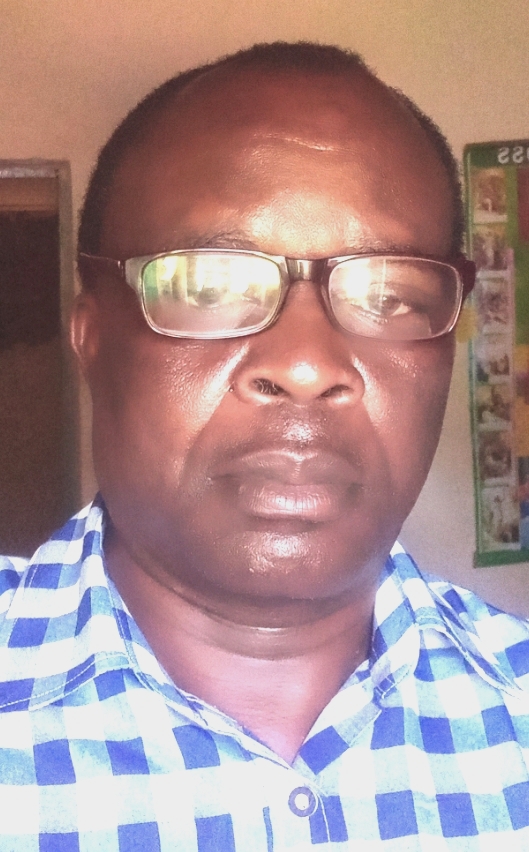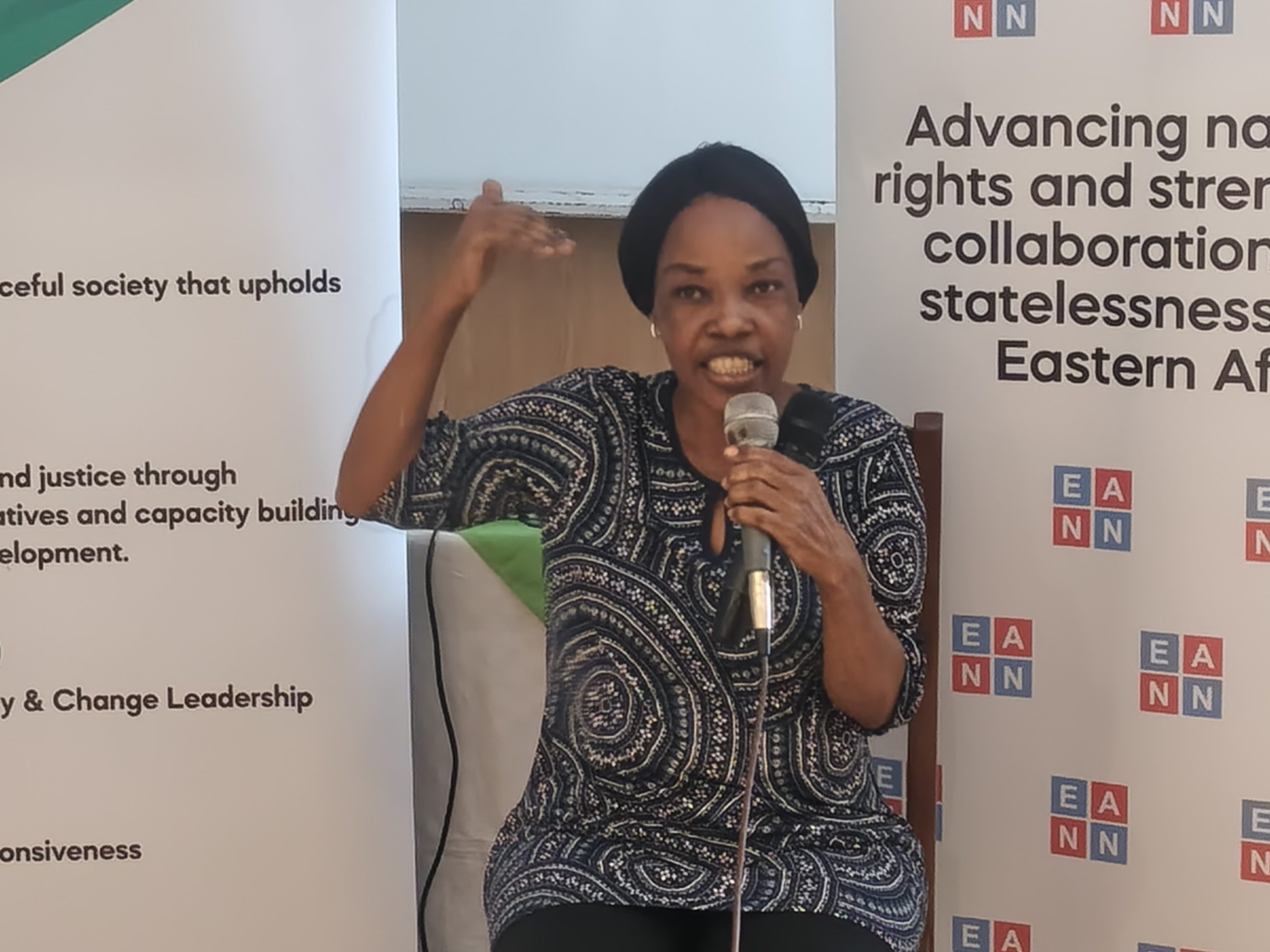It has thundered in like a storm; almost peer to the Hidaya that threatened Mombasa and its environs a few days back. The debate around it is phenomenal; just like the one around and about the current deluge, and its effects not only on those affected, but on the school calendar also.
I speak here of the mayhem that is the CBC Senior Secondary curriculum.
Let it be noted, ab initio, that any decision on an issue as weighty as the education of our children is not one for jesting. It is supposed to be treated with the seriousness due to it; for the future of the nation hangs precariously on the executive decision that is made about it.
Thus we must guard against any subjective armchair decision that could be made by an individual, or a small clique bestowing upon itself the onus (or what Oparanya called it) of deigning to decide, or think, on our behalf.
It must be a product of a thorough national introspection, and very open and thorough debates; the famous public participation, so-called. But it has to be a public participation with a difference; not like the political rigmaroles that we see daily being enacted by some circus characters.
According to the SM sources we are privy to, it has come out that some schools have been identified to offer a thing called Science, technology, engineering, and mathematics (STEM). Apparently, this elite lot will be the ones who will in future shoulder the science and technology requirements of this country. Someone went as far as to say the present national schools will be the STEM centres.
That is where Maths, Physics, Chemistry, and Biology, will be done. (Those who may have learnt earlier may be familiar with M, P, C, B of the A-Level era, or what used to be called Man Power Combination. Biology was on a lower pedestal.)
Apparently, this is based on the fact that these schools have the requisite facilities for offering these subjects. We are thinking here of mainly equipped laboratories and workshops.
The next less endowed schools, we hear, will offer Social Sciences. This is to be divided further into Languages and Literature on one side, and Humanities and business studies on the other.
Someone high up was heard saying that this could be the preserve of the present County and Extra-County schools. One rationale for that may be the presence of libraries.
Lowest in the hierarchy is the Arts and Sports Science: Sports and Recreation, PE, Music, Theatre, Fine Art, and the like. These have been proposed to be the preserve of Sub-county (or, as they have come to be known, CDF) schools.
Now, the above information is something that someone may come up with, and later refute emphatically, as is the norm with our politicians and senior public employees. After all, didn’t someone say that in Africa, rumour is a branch of knowledge? But over here, what looks like a rumour now could later hit us like a Mudavadi earthquake.
There is a tendency here for public officers to even use keyboard warriors to test the ground; and if there is a semblance of acceptability, they will throw the hook and sinker in, and pull out gullible us. That is the tragedy of being Kenyan. Recall the case of mbolea? Someone experiments with a quarter, then a half, then, driven by gluttony, a full bag of stones. And submissive us just swallow it and move on.
To be wary of that scenario in education, we have to point out that many of these proposals are simply unacceptable.
That a student opting to do maths and physics stops playing football? That a biology student, aspiring to do medicine, will not be afforded an opportunity to read a story book? That a student who wants to do Law will be rendered green in even elementary Maths? That the STEM students (so-called) cannot learn how to swim! Pwoookh!
I like the idea behind CBC, even if I don’t like the way it is being implemented. The main problem is luck of personnel, and learning materials/facilities. I don’t care seeing children being taught swimming on a pebbly field. That is nonsensical. Or being taught human anatomy using a manikin. I am sure we can do better than this, if we really mean to.
READ ALSO:
The problems I am pointing out above about the CBC, viz. luck of requisite personnel and facilities, are normal issues when it comes to effecting a new curriculum. They can be resolved without boiling down to resultant bruising contretemps.
But when it comes to subjecting whole generations to circumstances which will have a far-reaching bearing on them, and the nation at large, we need to tread with due care. We cannot accept a situation where a clique sits somewhere and makes a decision of this magnitude without consultations.
And here is my take: we need to come up with a curriculum which will in no way fail the learners. Deciding that a learner should have passion for only a certain subject area, and sacrifice all others, is contra natrum. Even thinking of having games for only certain schools, or putting them in an advantage over others, makes no sense.
All youths need to participate in games and sports. Each school should thus be given an opportunity to raise a team in as many disciplines as possible. Thus each should competitively participate in such games as football, volleyball, and others. Same to athletics.
Likewise, every learner needs certain basic skills, like reading, writing, communication, socialisation, the like. So someone in the school offering STEM needs to be exposed to these, if they are to be useful members of the society. Recall what used to happen at A-level: all students had to be exposed to General Paper. All sorts of skills were tested here; and it did learners a world of good. It can still repeat the same feat; why not? And KICD director Prof Charles Ong’ondo was a beneficiary, if he can recall.
We should seriously think of giving these learners an opportunity to pick, after being afforded an opportunity to explore. What is happening up to this time is not giving them the required opportunity. We are still seeing a manifestation of teething problems. These can be solved if all the three ‘pathways’ can be domiciled behind the same gate. A school should offer all of them, so students who find they cannot excel in an area can have another area. Limiting the opportunities a school can expose its learners to is unduly affecting a child’s future. It is not acceptable.
By Charles O. Okoth
To write to us or offer feedback, you can reach us at: editor@educationnews.co.ke
You can also follow our social media pages on Twitter: Education News KE and Facebook: Education News Newspaper for timely updates.
>>> Click here to stay up-to-date with trending regional stories






